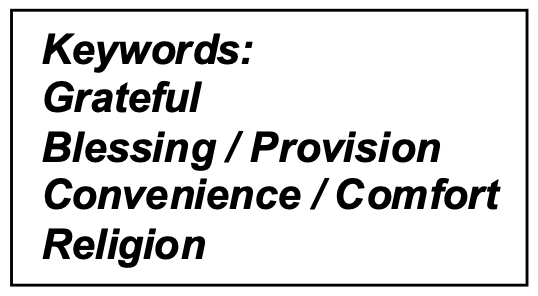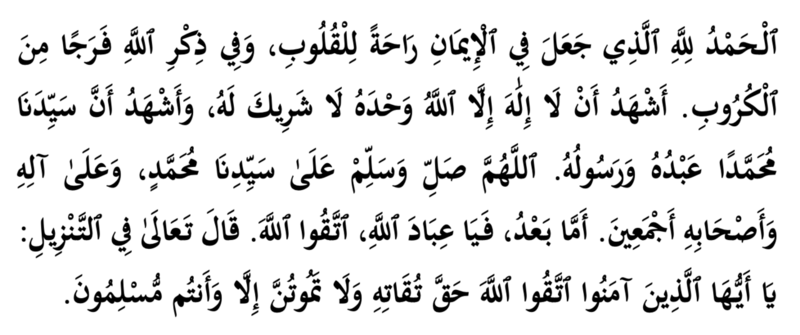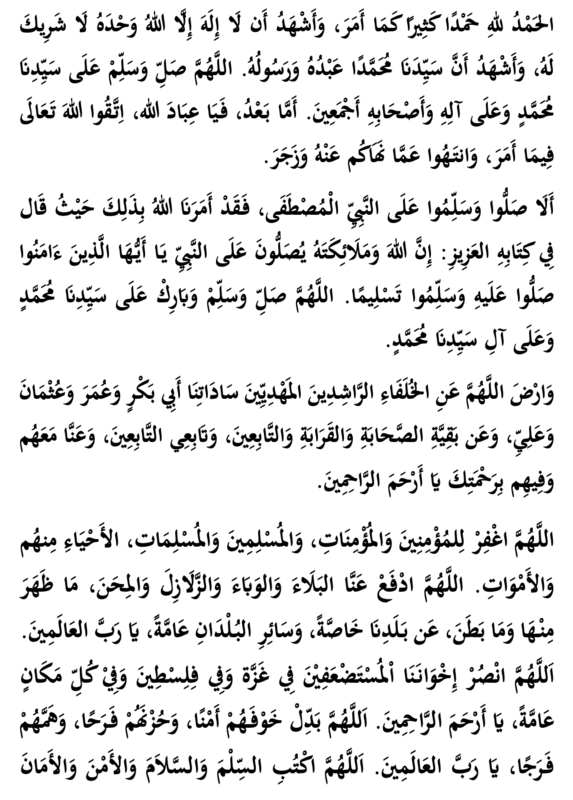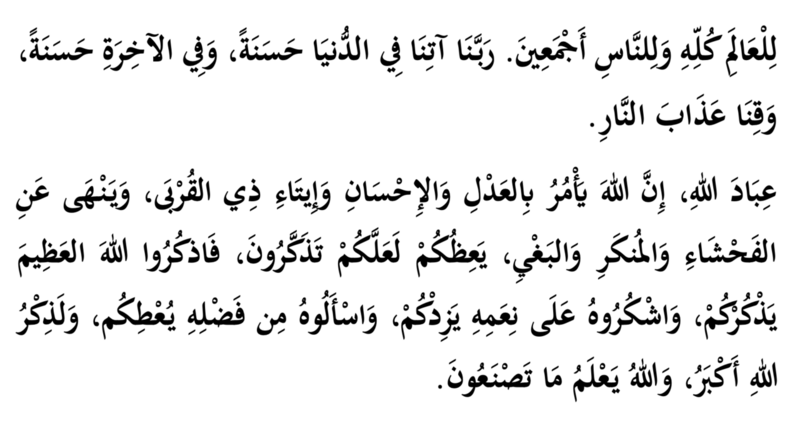

Majlis Ugama Islam Singapura
Friday Sermon
8 August 2025 / 14 Safar 1447H
A Good Land and a Forgiving Lord

Blessed congregation,
Have taqwa and be mindful of Allah s.w.t. Obey all His commands and abstain from all His prohibitions. Let us instil the quality of gratitude in our hearts. May Allah s.w.t. bless and increase His provisions upon us. Amin, ya Rabbal ‘Alamin.
My dear brothers,
Consider the following question: Should we, as Muslims living in a state of advancement and peace, reject the comforts and ease that we enjoy, in order to be ‘better’ Muslims?
To answer this question, let us reflect on the story of the people of Saba’, which Allah mentions in Surah Saba’, verse 15:

Which means: “Indeed, there was a sign for the people of Saba’ in their homeland: two gardens; one on the right and one on the left. (They were told) ‘Eat from the provision of your Lord, and be grateful to Him. (Your land is) a good land, and (your lord is) a forgiving Lord.’”
My beloved brothers,
Allah s.w.t. had granted the people of Saba’ a blessed and peaceful land, surrounded by gardens that overflowed with sustenance and produce. They lived in comfort and enjoyed many conveniences. At this time of ease and abundance, what was Allah’s command to them? Allah reminded them about one thing – to always be grateful.
However, what was the fate of the people of Saba’? In the following verses, Allah s.w.t. describes how they abandoned His command to be grateful. As a result, the comfort and ease they once enjoyed turned into calamity. Their fertile land became barren. Their prosperity turned into hardship. Their abundance turned into misery.
Dear blessed congregation,
The stories of past nations, such as the people of Saba’, undoubtedly carry lessons for us. We either take heed, or we may risk repeating their mistakes.
As Muslims living in a time of peace, comfort, and abundance, what can we learn from the story of the people of Saba’?
First Lesson: Balancing worldly advancement with religious responsibility
The story of the people of Saba’ is a clear reminder that material success and comfort should never distance us from our religious obligations.
At the same time, Islam does not require us to abandon worldly progress in order to uphold our religion. Consider the story of Saba’ – Allah did not command them to reject the abundance and ease they enjoyed. Rather, they were asked to show gratitude – by using those blessings for good, remaining obedient, and never forgetting the Giver of all blessings.
Likewise, the provision and abundance we enjoy today should be managed responsibly, so that it is used in the way of goodness.
Second Lesson: Striving to preserve the blessings we enjoy Gratitude means truly appreciating Allah’s gifts. This requires continued effort and hard work from everyone to preserve the blessings granted by Allah s.w.t.
We must not repeat the mistake of the people of Saba’, who out of neglect and boredom of Allah’s blessings, took what they had for granted, and ended up having all their comforts taken away. A grateful Muslim is one who strives to preserve blessings and goodness – not just for themselves, but for the benefit of the wider community and future generations.
Dear congregation,
Let us always remind ourselves to be grateful for every blessing from Allah, through our continuous and mutual effort. May this awareness guide us toward the noble vision:

Which means: “A good land, and a Most Forgiving Lord”, as mentioned in the Quran. Amin, ya Rabbal ‘Alamin.

Second Sermon



